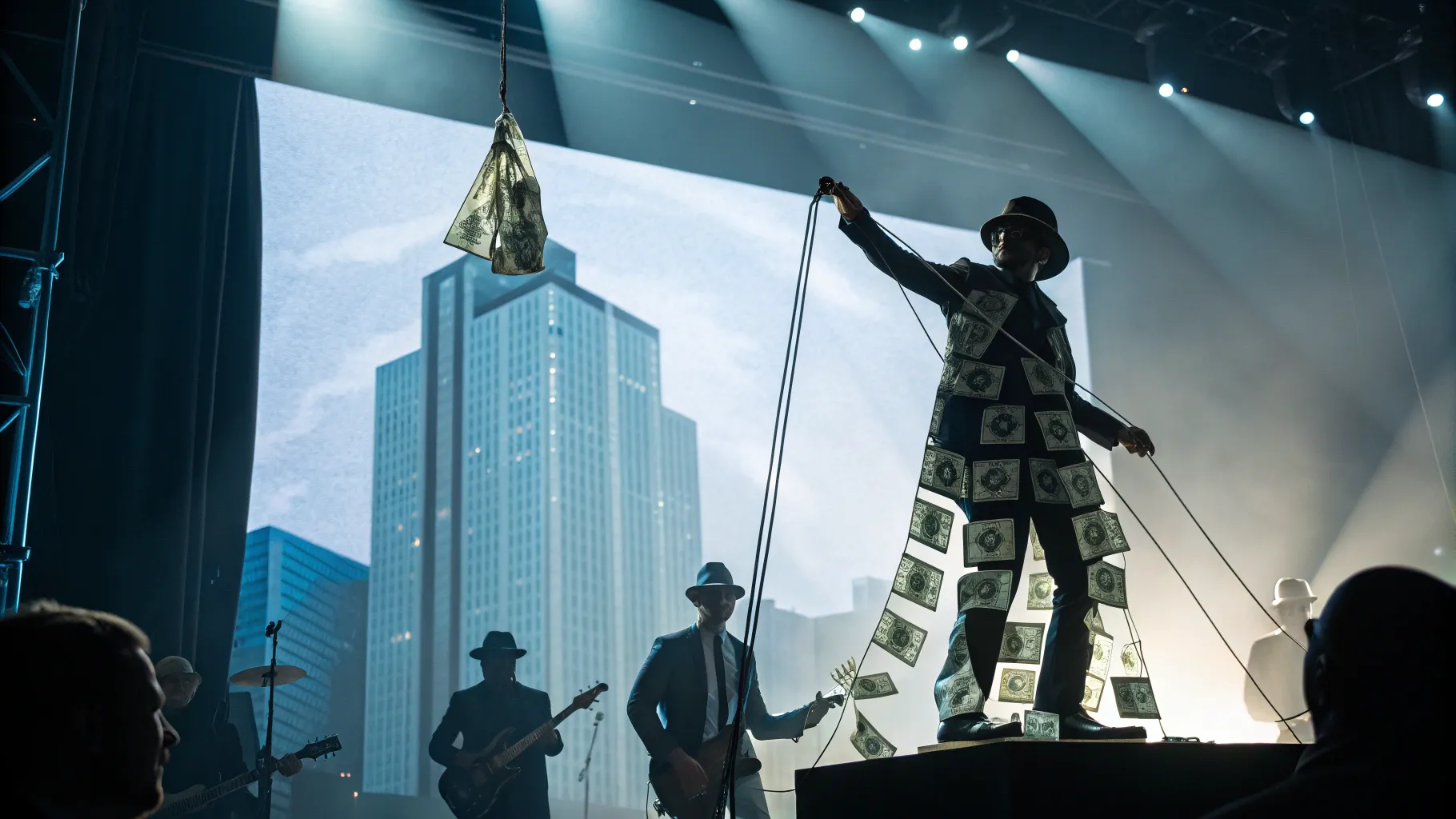
In this breakdown for Savvy Finance I unpack investigative reporter Whitney Webb's unsettling case that the music industry is not merely a business of hits and headlines, but a network where billionaires, organized crime and intelligence services quietly shape culture. If you care about how money and influence bend society—whether in media, prisons, or even markets like crytocurency, bitcoin—this is worth reading.
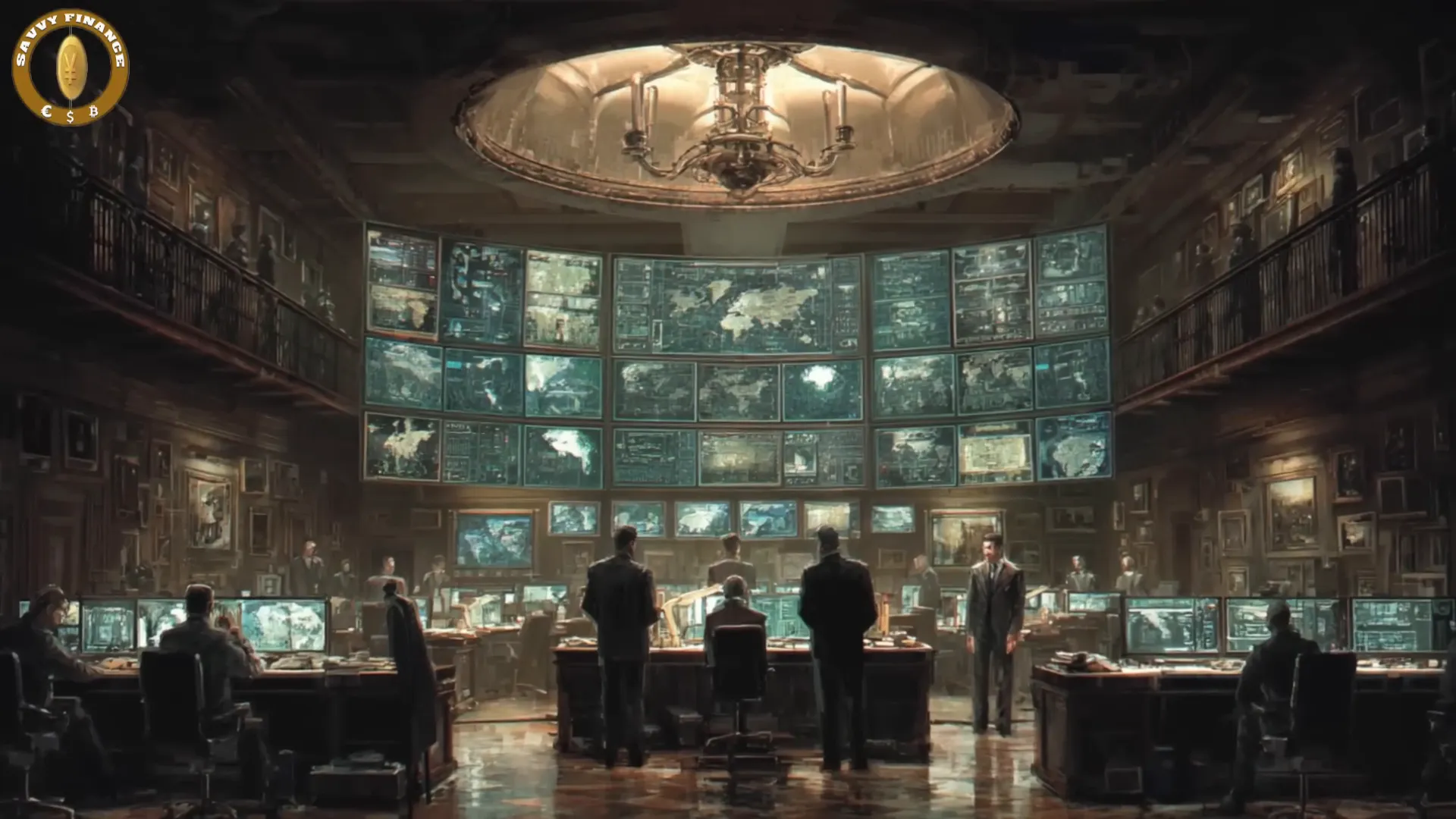
Table of Contents
- Key takeaways
- How MCA, the Bronfmans, and the old mob connect
- Intelligence, the Promise software scandal, and covert programs
- Gangster rap, cultural engineering, and the prison economy
- What this means for accountability
- Questions to take away
Key takeaways
- The music industry’s corporate history (MCA → Universal) ties into long-standing organized crime networks and influential families.
- Investigations suggest overlaps between entertainment empires and intelligence services, including covert projects and software scandals.
- There are credible allegations that parts of hip-hop’s commercialization—like gangster rap—were encouraged to feed the prison industrial complex.
- Accountability is difficult when a single star becomes the spectacle while the deeper system goes unexamined.
How MCA, the Bronfmans, and the old mob connect
My research traces MCA (later Universal) to people with ties to the so-called National Crime Syndicate — a mid-century convergence of Jewish and Italian organized crime. Lou Wasserman, longtime MCA head, operated inside that ecosystem. MCA later became part of the Bronfman family’s music interests, and Edwin (Edgar) Bronfman Jr. steered much of that corporate control into the 2000s.
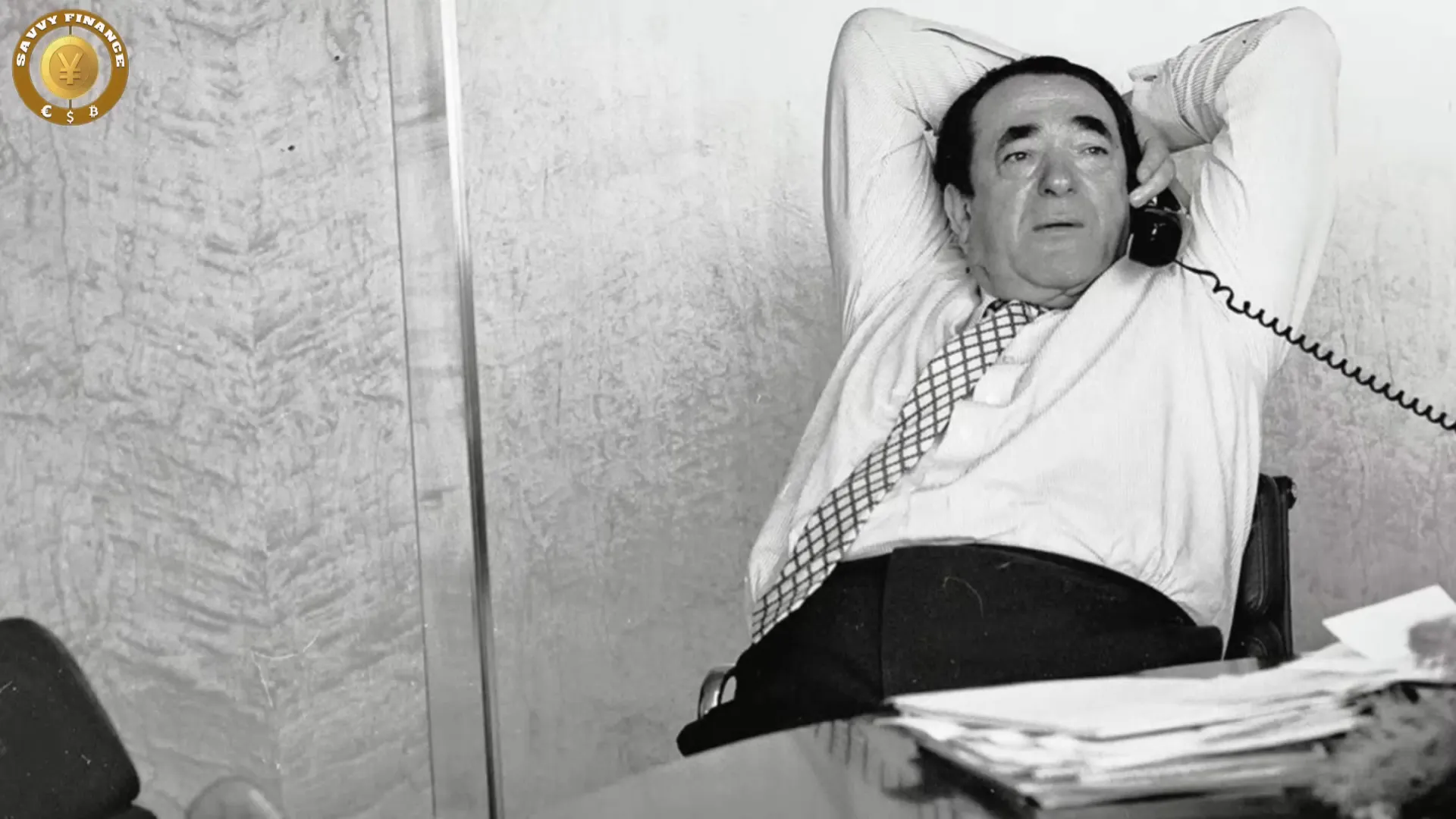
The Bronfmans’ fortune began in liquor during U.S. prohibition and grew into deep relationships with prominent billionaires, some of whom formed private billionaire clubs. These networks overlap historically with figures tied to Jeffrey Epstein and others — a tangled web that insulated power and influence.
Intelligence, the Promise software scandal, and covert programs
One startling chapter involves the Promise software scandal of the 1980s, which brought together MCA executives, organized crime-linked figures, and international intelligence operatives. Allegations included backdoors in software and murky programs touching on covert weapon and biomedical experimentation. This history helps explain why entertainment empires sometimes intersect with state-level security projects.
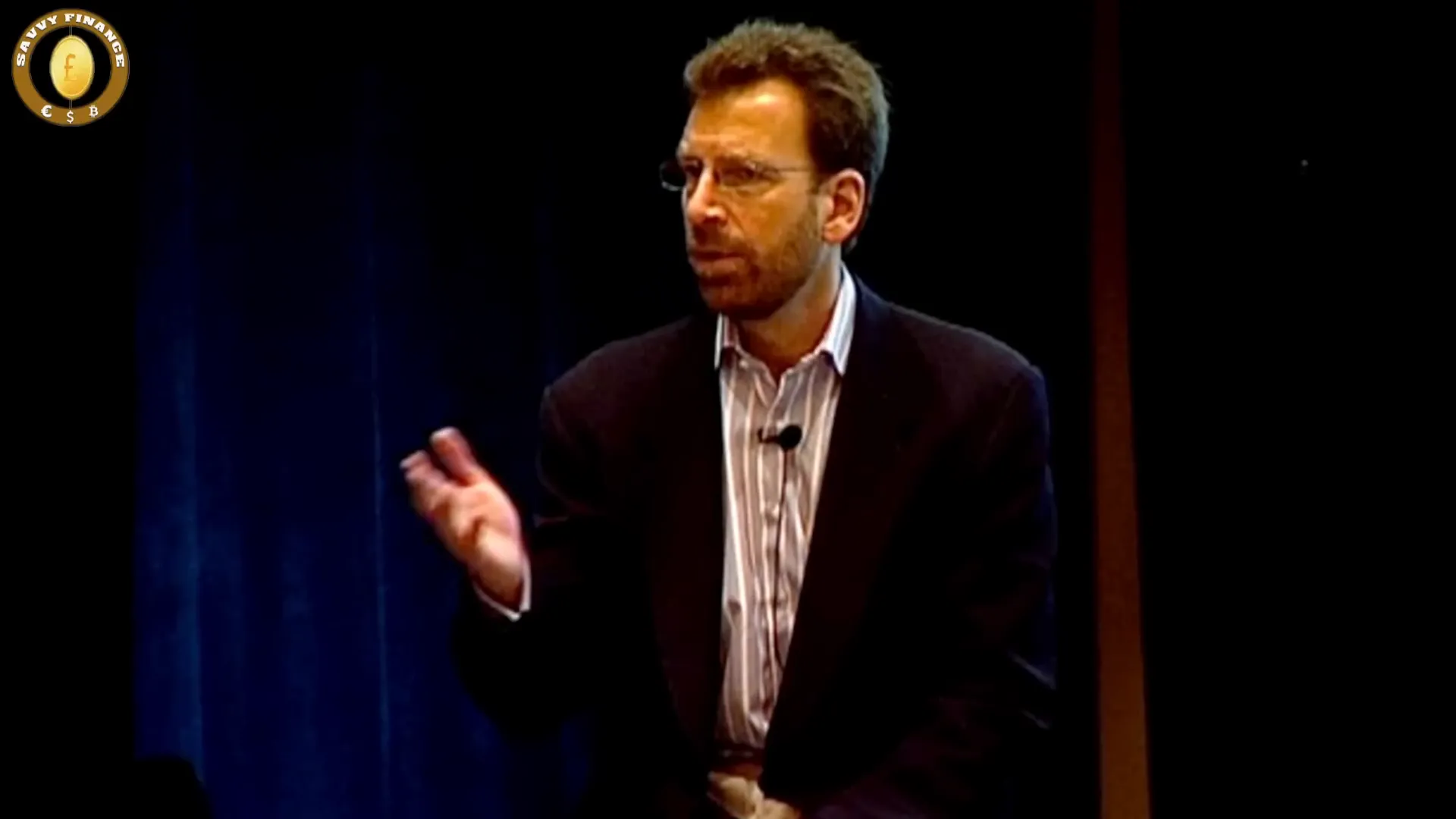
Gangster rap, cultural engineering, and the prison economy
Whistleblowers have alleged deliberate efforts to steer hip-hop culture toward a "gangster rap" aesthetic to normalize criminal behavior and, in turn, expand the private prison market. That claim connects music executives to the prison-industrial complex, private prison firms (historic ties to companies like Wackenhut/GEO) and even political reforms like the 1990s crime bill.
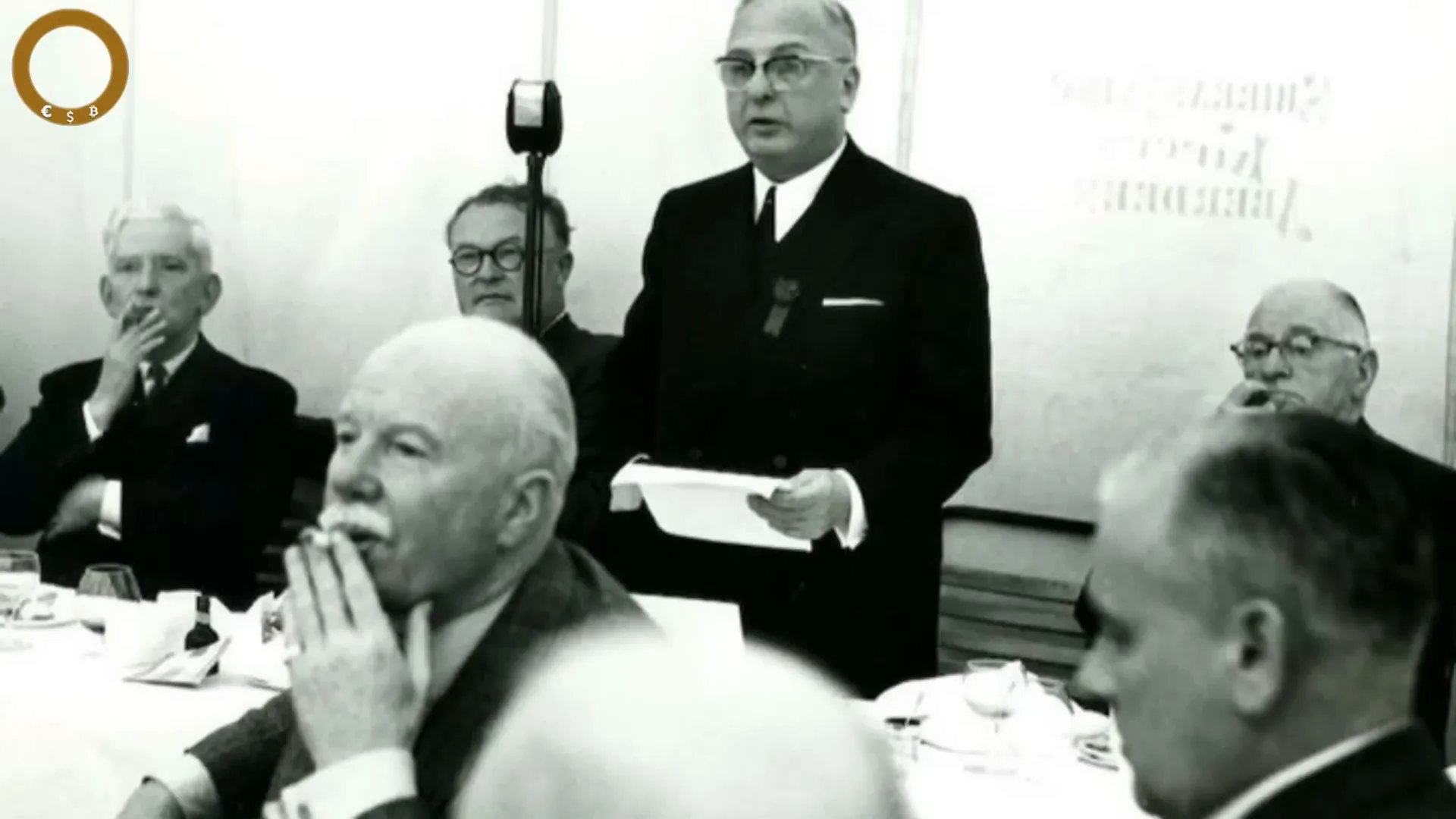
"In that environment, figures like Diddy are never truly acting alone. And when they fall, they rarely fall hard."
What this means for accountability
If culture can be weaponized to create profit streams for prisons, corporations and political actors, then individual scandals become distractions. The spectacle around one famous executive or artist can shield the larger machine. That’s why cases like Sean "Diddy" Combs’—and his connections—feel insufficiently resolved: the system that raised him is designed to protect those above him.
Whether you care about media power, criminal justice reform, or even markets like crytocurency, bitcoin, the lesson is the same: look past headlines. Influence operates through ownership, alliances, and institutional cover. The same forces shaping music can shape policy and money flows elsewhere.
Questions to take away
- Are stars merely faces selected to distract from deeper institutional power?
- Who benefits if culture is engineered to feed other profitable systems—private prisons, political projects, or financial schemes like crytocurency, bitcoin speculation?
- How do we demand more than the illusion of justice when systems protect themselves?
Whitney Webb’s reporting forces these questions into the open. If history is any guide, the spectacle will continue unless we interrogate the networks behind it.
What do you think: is the problem a few bad actors, or a protected system? And how should citizens respond when culture, crime and power collide—whether in music or in markets tied to crytocurency, bitcoin?
"You'd Weep if You Heard this Horrifying Truth About the Music Industry" — Whitney Webb | crytocurency, bitcoin. There are any "You'd Weep if You Heard this Horrifying Truth About the Music Industry" — Whitney Webb | crytocurency, bitcoin in here.
